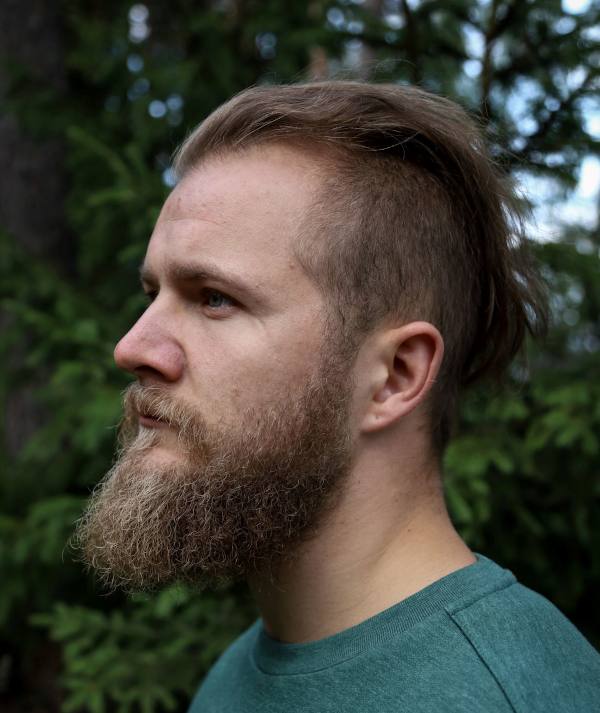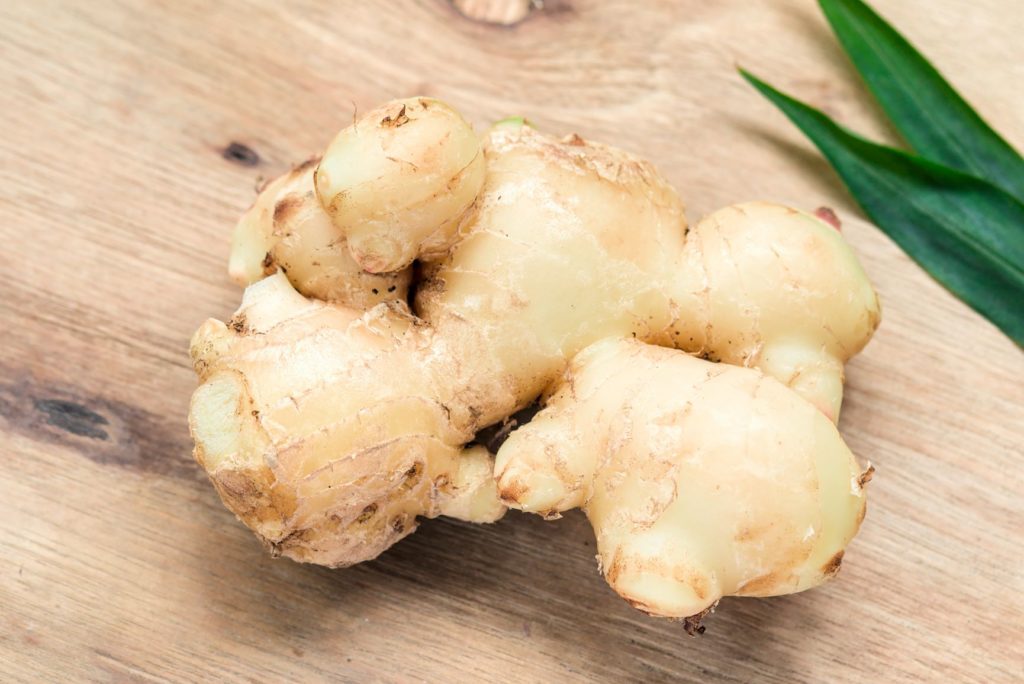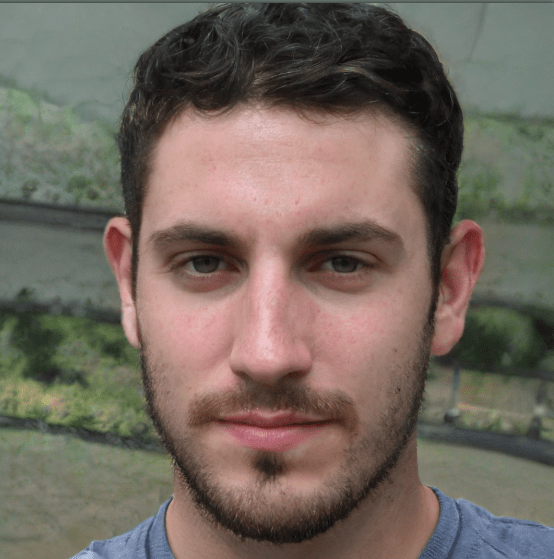Do you struggle to grow a full beard? Have you only ever produced fluffy patches that never seem to join up? It may surprise you to know that you are not alone; millions of men across the globe have the same problem. But, there is an answer.
Testosterone has been found to have a strong influence on the size and quality of your beard. Having low levels in your system is one of the leading causes of patchy beards that never seem to fill out. To improve your beard and speed up its growth, there are some great ways to boost your testosterone levels naturally.
In this article, we’ll show you why testosterone is a great way to fill out your fuzz and give you everything you need to decide which testosterone boosting method is right for you.
If you have a patchy beard, a low testosterone level is a likely culprit. However, if you are not deficient in testosterone, you may want to try other methods, like improving your diet or applying castor oil.
Testosterone and Dihydrotestosterone
Beard growth is affected by the presence of two similar hormones. The first is testosterone, and the second is dihydrotestosterone (DHT). They both have a role to play in boosting beard growth:
What Is Testosterone?
Testosterone is a human hormone mainly found in men but is also present in small amounts in women. It is involved in the production of sperm, affects mood, boosts sex drive, and even affects bone and muscle mass. It also is vital to promote healthy beard growth. The amount of testosterone in men increases as they get older until about the age of thirty when it starts to decrease.
What is Dihydrotestosterone?

Dihydrotestosterone (DHT) is formed from testosterone and shares many of the same characteristics. It is more potent than testosterone and supports the development of many of the physical features specific to men, including beards. About 10% of your testosterone will become DHT, and if you have low levels of testosterone, then it’s likely you will also be low in DHT.
One of the less desirable results of DHT is that it is also associated with male pattern baldness. In an unfortunate twist, the same hormone that is able to boost facial hair growth is also responsible for thinning out the hair on your head. This doesn’t mean that increasing your testosterone and DHT levels will automatically cause hair to fall from your head, but that you must look to get the right balance to create the effects you’re looking for.
Can I Grow Beard With Low Testosterone?
Since higher testosterone in the body boosts beard growth, what are your chances when you have lower testosterone? In most cases, you will likely be able to grow a beard even with low testosterone. The difference is that it may take longer to grow, and it may have patchy areas.
How Can I Naturally Boost My Testosterone?
While there are several artificial methods to boost testosterone, the best way is to enhance your body’s production naturally. With these simple strategies, you will soon be on your way to having a fuller beard:
Eat well
Your diet can have a significant impact on your testosterone levels. Sometimes, we eat whatever comes our way, forgetting that the meals we take can have a major effect on our health.

The first step to boosting testosterone is to include more testosterone promoting foods in your diet. These include:
- Ginger
- Shellfish
- Milk, plant milk and cereals that have been fortified with vitamin D
- Green, magnesium-rich vegetables
- Fish with high levels of omega-3 fatty acids
Reduce stress
Stress can have a negative impact on beard growth. This is because significant amounts of stress could lead to decreased levels of testosterone in the body.
Reducing the stress in your life may seem like a daunting task, but there are few changes you can make that could have a beneficial effect:
- Drink fewer drinks containing caffeine – Reducing your caffeine intake will allow you to get better sleep. If you don’t want to cut it out completely, you could stop using it after midday.
- Get better quality sleep – A good night’s sleep is hands down the best way to reduce stress. If you struggle to get to sleep, sleep lightly or keep waking up, improving your sleep hygiene may help.
- Practice mindfulness or meditation – Using an app like Headspace once a day has been found to have incredible effects on reducing both stress and anxiety.
- Reduce your workload – This may be hard to implement but cutting down just a few hours of work a day could have a profound effect on your stress levels.
Get More Sleep
It’s not just a great way to reduce stress; getting enough sleep can also have a direct effect on your testosterone levels. Several studies have found links between men who get more sleep those with good levels of the beard promoting hormone.
The ideal amount of sleep per day is 8 hours. If you struggle to get enough at night, short naps in the early afternoon are a great way to deal with your sleep debt.
Avoid Foods That Lower Testosterone
As well as eating healthy, testosterone promoting foods, you must also be wary of those meals that cause it to break down. Some foods are able to limit the effect of your efforts to boost your hormone levels.
Foods that limit or decrease testosterone levels include:
- Soy products
- Oils and foods high in polyunsaturated fats, like margarine and vegetable oils.
- Flaxseed
- Highly-processed foods
- Regularly drinking significant amounts of alcohol
Engage in resistance training
Exercise is another excellent way to boost testosterone levels naturally. However, you can significantly enhance the effect by including regular resistance training in your normal routine.

After exercise, the level of testosterone in your body will naturally increase for a short time. Although it does return to normal after a while, regularly raising it can produce longer-term changes. As you build muscle, your body will adapt and produce higher amounts of testosterone and raises the baseline of how much it creates.
If you’d prefer not to try resistance training, high-intensity training (HIT) has also been found to increase testosterone levels. This could include short bursts of activity like running or cycling.
Use natural testosterone boosting supplements
If you’ve tried the previous steps to increase your testosterone and not had the results you’re looking for; several natural supplements can support its production:
- Ashwagandha – This the root of the Withania somnifera plant. It has several beneficial effects, and multiple studies have shown that it can raise testosterone levels. As a bonus, it can also reduce stress and anxiety.
For my recommendation of testosterone boosting supplements, visit my review of Performance Lab’s Testo Lab Pro a testosterone booster with 600mg KSM-66 Ashwagandha.
- Vitamins and minerals – Several vitamins and minerals are involved in the production of testosterone and related processes. The best known are zinc, magnesium, boron, vitamin D and vitamin K.
- D-Aspartic acid – This is a naturally occurring amino acid that is involved in hormone production and is thought to stimulate testosterone synthesis.
Conclusion
If you’re low in testosterone or DHT, it could be preventing you from growing the full beard you’ve always wanted. These simple strategies to boost them naturally are a great way to support your facial hair growth.
What other ways do you use to improve your beard growth or testosterone levels?
Guest Author
Contributed by Anthony Walker founder of Beards Base

Anthony Walker is founder and editor in chief at Beard Base. You will often find him rocking out a different beard style, and searching for new, improved tips and tricks for facial hair maintenance. Anthony also gives vent to his creativity by writing illuminating articles on the subject, striving to share his knowledge and reveal the simplest, yet the most effective ways for grooming your facial hair.

